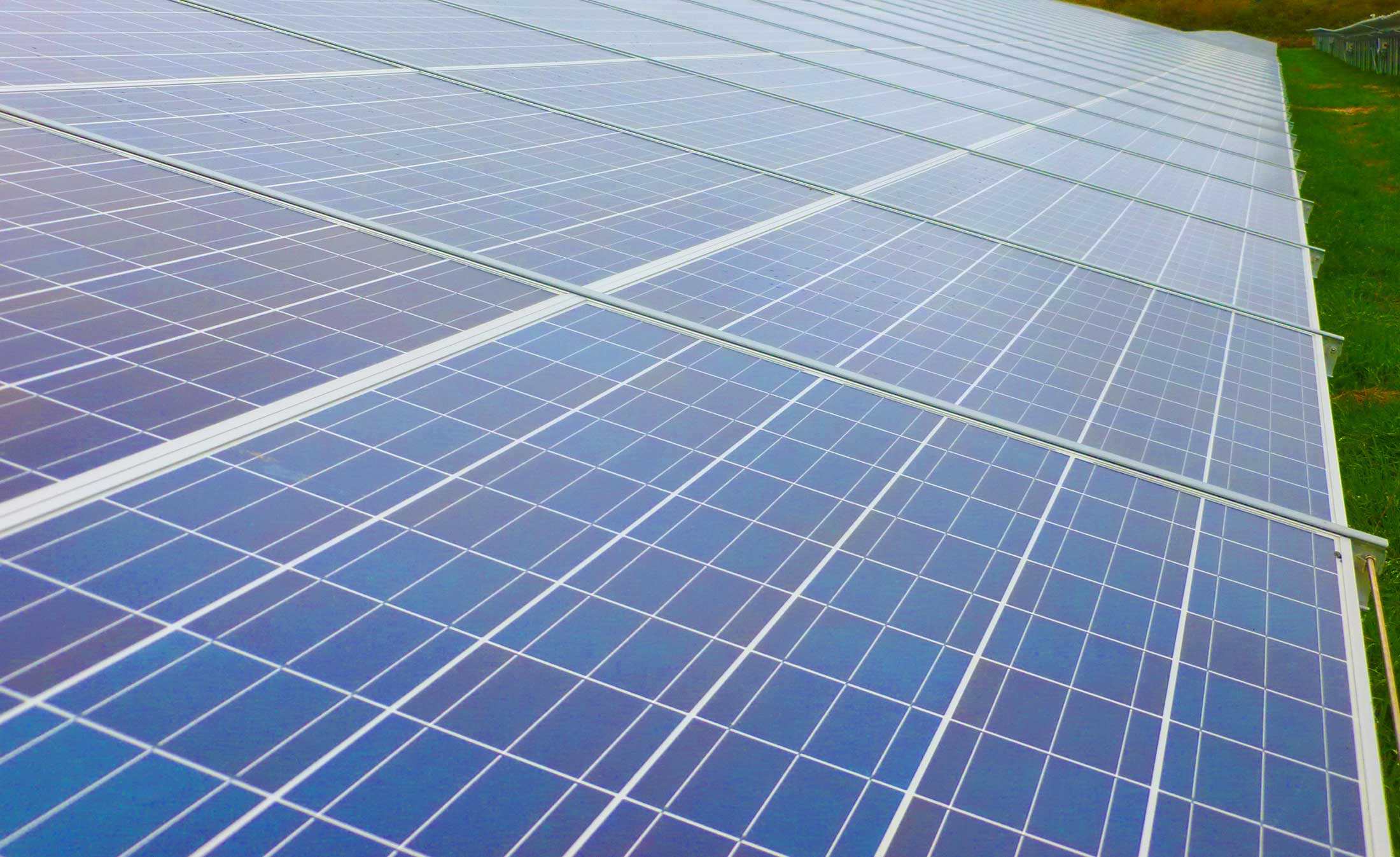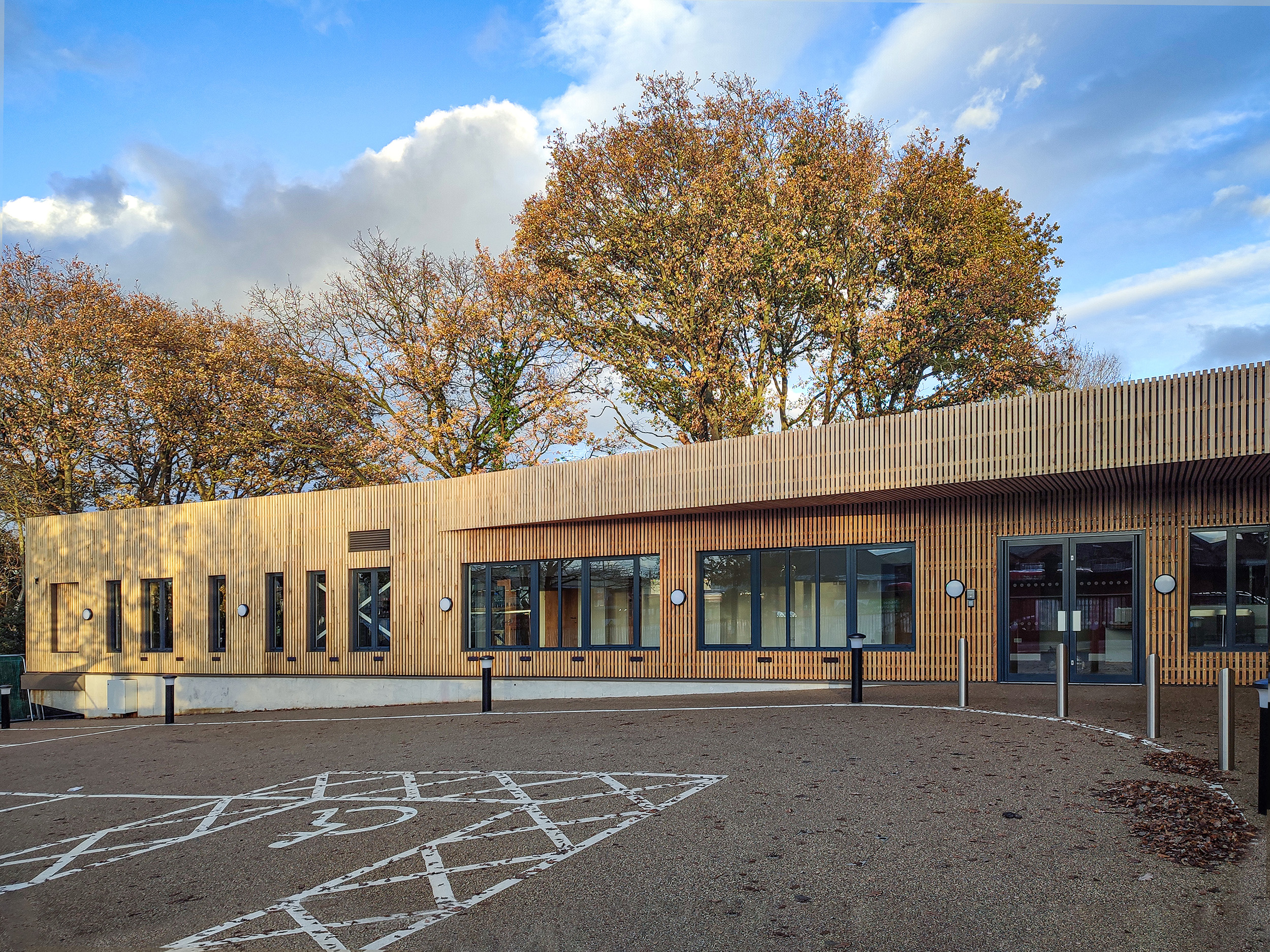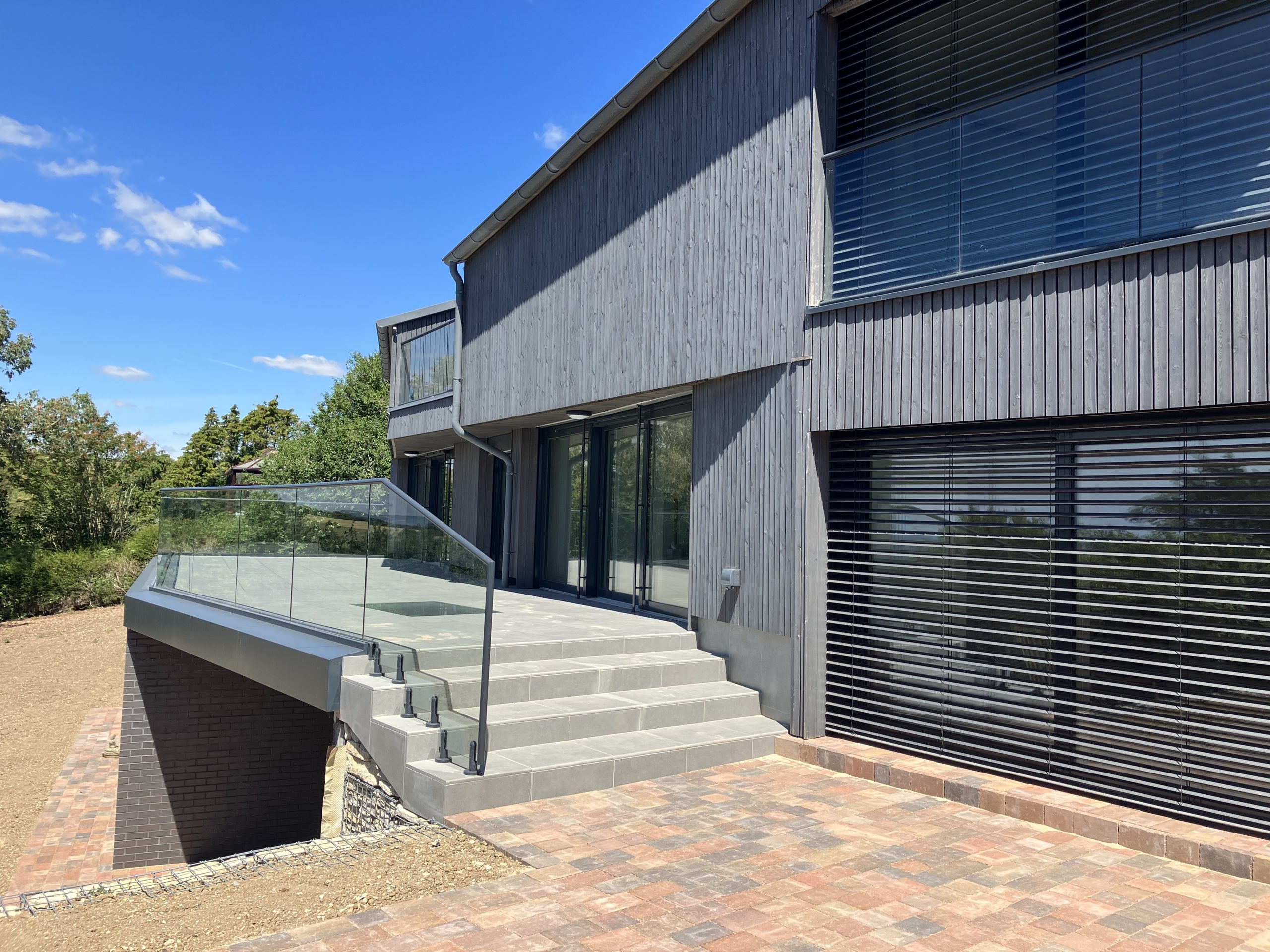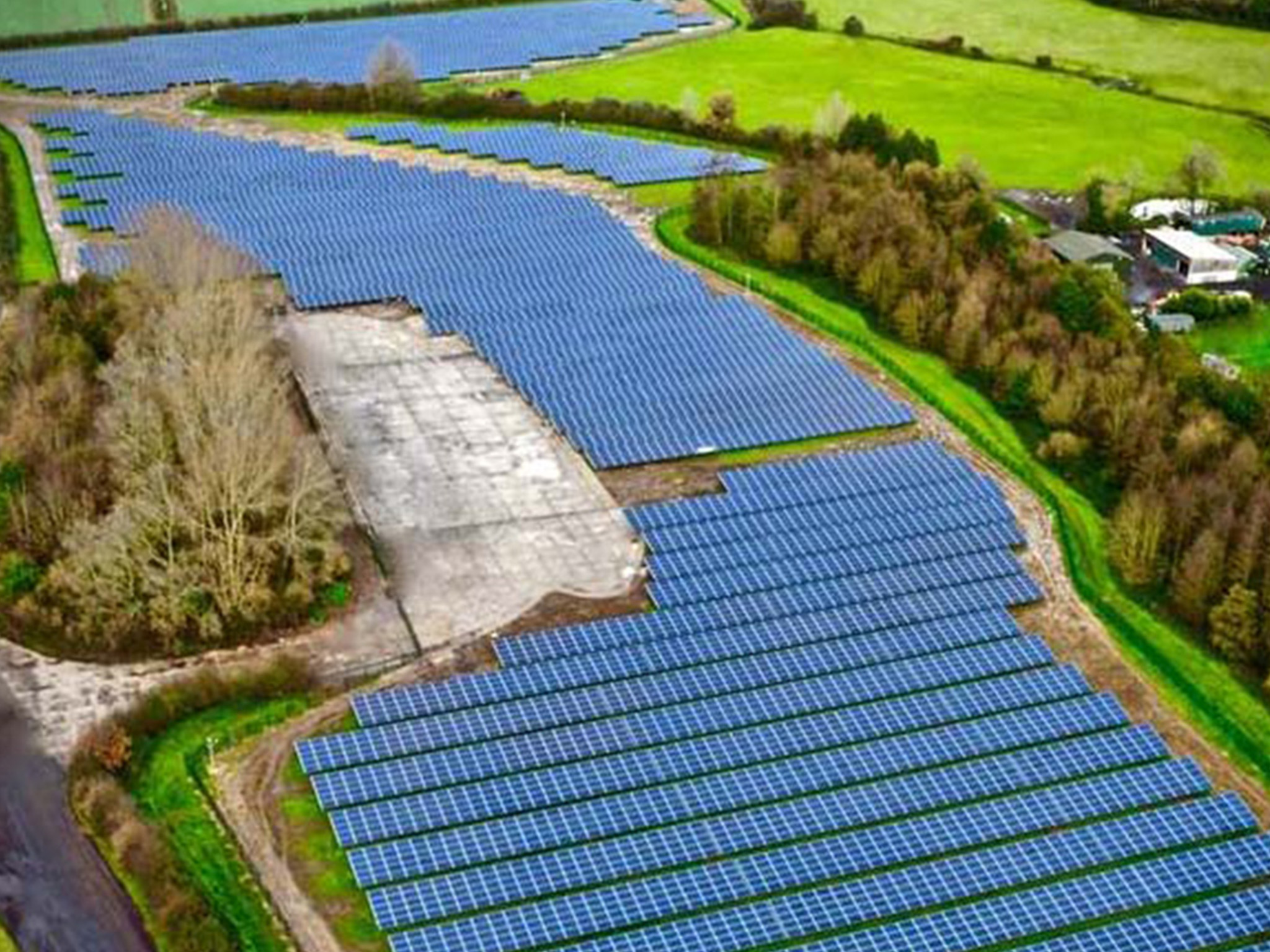At BPG, we strive to design genuinely sustainable projects which will exceed the expectations of our clients and make a big impression with little impact.
We believe that our work is about creating better spaces for people, and therefore all our work strives to deliver spaces that are comfortable, affordable to run, promote good health, and are beautiful; these are the ingredients of a truly sustainable project.
We are committed to producing work that performs to a high level of environmental excellence regardless of the scale of the project. The practice is ISO 9001 and 14001 registered.
We are members of the Passivhaus Trust and are committed to designing responsive buildings that are energy efficient and environmentally considerate. With climate change resulting in frequently more alarming weather conditions we believe that it is imperative to act now to minimise carbon emissions created by the construction and usage of all buildings.
To support our clients on this journey, BPG offers Passivhaus design solutions in-house through our associate Rosemary Lopez (fully certified Passivhaus designer). This service includes the ability to undertake in-house PHPP modelling (the Passivhaus planning package tool) which is used to optimise the form, orientation, building fabric and services whilst demonstrating compliance with the performance criteria of the Passivhaus standard.


| 2017 | 1032 kg |
| 2018 | 1445 kg |
| 2019 | 1796 kg |
| 2020 | 429 kg |
| 2021 | 546 kg |
| 2022 | 667 kg |
| 2023 | 598 kg** |
| 2024 | 1060 kg** |

| 2017 | 933 reams |
| 2018 | 130 reams |
| 2019 | 95 reams |
| 2020 |
10 reams A3 45 reams A4 |
| 2021 | 2 reams |
| 2022 | 10 reams A3 |
| 2023 |
5 reams A3 20 reams A4 |
| 2024 |
10 reams A3 15 reams A4 |

Office Travel
| 2017 | 31,128 miles |
| 2018 | 44,329 miles |
| 2019 | 34,259 miles |
| 2020 | 8678 miles |
| 2021 | 26,386 miles |
| 2022 | 22,588 miles |
| 2023 | 9398 miles |
| 2024 | 11415 miles |

| Electricity | Gas | |
| 2017 | 6,379 kwh | 15,160 kwh |
| 2018 | 11,747 kwh | 14,614 kwh |
| 2019 | 10,339 kwh |
487 gas units 15386 kWh* |
| 2020 | 11,155 kwh |
565 gas units 17680 kWh |
| 2021 | 13,190 kwh |
784 gas units 25544 kWh |
| 2022 | 10751 kWh |
547 gas units 17080 kWh |
| 2023 | 9829 kWh | 16758 kWh |
| 2024 | 9555 kWh | 12656 kWh |
* gas units converted using https://utilitiessavings.co.uk/gas-kwh-conversion-tool/ for comparison purposes – data not obtained from utility bill.
** An average collection weight x total number of collections was used to calculate annual data due to lack of weight data for all collections.
Truly Sustainable Design
To achieve this, the starting point of any design is a fabric first approach – considering both the form and orientation of the building and combining the airtight highly insulated building fabric with mechanical ventilation with heat recovery (MVHR). Triple glazing is also crucial as this helps to reduce heat loss and optimise solar gains, thus maximising the building envelope performance. Where possible we always try to select sustainable materials for our projects that have been ethically sourced. For example, we have recently specified ‘hempblock’ in place of traditional cement blockwork in an effort to reduce the overall embodied carbon of the project.
Combining an optimised building fabric with the use of efficient services systems, heating and cooling systems via the installation of environmentally friendly technologies aids in the delivery of a low energy building. We often encourage that this is coupled with renewable energy sources on site (such as PV panels) and where possible we promote the use of rainwater harvesting systems which are often beneficial for the entire site.
Through careful design, planning and coordination we ensure the efficiency of projects to minimise their impact and reduce any potential waste of valuable materials and resources. A design ethos of this nature actively encourages eco-friendly building materials, renewable technologies and modular construction approaches wherever possible. Following this approach lessens the environmental impact through off-site based construction methods and reduces the overall waste whilst also reducing labour management on site (which ultimately leads to a lower impact on the locality). This approach can add value to any project regardless of scale and is a methodology we apply to commissions wherever appropriate to the context.
Suggested Projects
Bu'sen Martial Arts Centre
BPG provided a feasibility report for the provision of new accommodation on a derelict site previously occupied by the Territorial Army volunteer reserve and subsequently successfully acquired planning permission for the contentious site.
Dorset 'New House'
A beautiful home in the county of Dorset that has been built to the Passivhaus standard.
Tangmere Solar Farm
Tangmere is one of the few publically owned solar farms in the country and has been designed to produce an output of 5Mega Watts at peak performance. The electricity which is being generated is fed straight back into the National Grid with West Sussex County Council being the beneficiary of the feed-in tariff.



